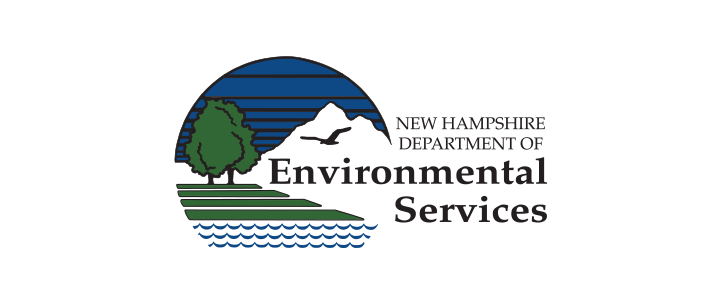
Commissioner's Column: Saint-Gobain closure doesn't affect our PFAS response
Many of you have probably seen or heard the recent news that Saint-Gobain Performance Plastics Company (Saint-Gobain) has decided to close their Merrimack facility. NHDES learned of the planned closure via a telephone call with a company official on the morning of August 23, the same day that the news was made public. It is our understanding that the facility will continue to operate until sometime in the middle of 2024.
I want to assure the public that the closing of the facility does not affect or amend Saint-Gobain’s responsibilities to comply with the air permit that was recently issued to the facility by NHDES. The company is required to comply with all provisions of the permit until such time as facility operations cease. Similarly, the planned closing does not affect or amend Saint-Gobain’s responsibilities with respect to addressing the impacts of its per- and polyfluoroalkyl substances (PFAS) emissions. The company has assured NHDES of its commitment to continue to meet its obligations under applicable laws and rules consistent with the consent decree it signed with the State of New Hampshire to address the facility’s impacts to drinking water and groundwater and to implement a remedial action plan at the plant site. These obligations include the completion of providing alternate water to impacted properties within the consent decree area that exceed New Hampshire’s PFAS drinking water standards. When completed, more than 1,800 homes will have been either connected to public water or provided with a point of entry treatment system (POET). And, should PFAS drinking water standards be lowered in the future by the state or the federal government, Saint-Gobain will be held responsible to address any impacted properties in the consent decree area whose water does not meet the new standards.
Since PFOA was detected in drinking water at the Saint-Gobain Merrimack facility in February of 2016, NHDES’ response to investigate the occurrence of PFAS in New Hampshire has been robust and unprecedented. NHDES’ Environmental Monitoring Database contains data from more than 23,500 PFAS samples for more than 15,500 unique sampling locations (groundwater, drinking water, surface water, treatment systems, etc.).
New Hampshire established drinking water standards for several PFAS chemicals, including PFOA at 12 parts per trillion (ppt), PFOS at 15 ppt, PFNA at 11 ppt and PFHxS at 18 ppt. Public water systems (PWSs) are required to test for these PFAS chemicals and, to date, approximately 10% of the source water wells serving these systems have been found to exceed our standards. NHDES works closely with these systems to find cost-effective solutions that will ensure safe, clean drinking water for their users. One option is to add treatment to their system to remove the PFAS contamination, and thankfully NHDES has the PFAS Response Program available to assist. To date, NHDES has awarded more than $56 million in loans and grants to address PFAS contamination. Additionally, the Bipartisan Infrastructure Law provided funding to states to target all emerging contaminants impacting PWSs, including PFAS. This provides New Hampshire with approximately $16 million per year over five years to help PWSs upgrade their systems to address new threats.
For private well owners, New Hampshire has established a PFAS Removal Rebate Program that provides a rebate to eligible property owners to offset the cost of addressing PFAS contamination in the amount of up to $5,000 for a POET or point of use treatment system, and up to $10,000 for a waterline connection. Since the start of the program in August 2022, almost 700 applications have been processed and over $2.5 million has been reimbursed to affected private well users.
New Hampshire still has many challenges to overcome related to PFAS contamination, including the implementation of new soil standards, for which we are currently developing rules, and working with the U.S. Environmental Protection Agency as they work to develop new federal enforceable drinking water standards. But as one of the few states in the vanguard of addressing PFAS contamination, we are well situated and will continue to face and meet these challenges.




